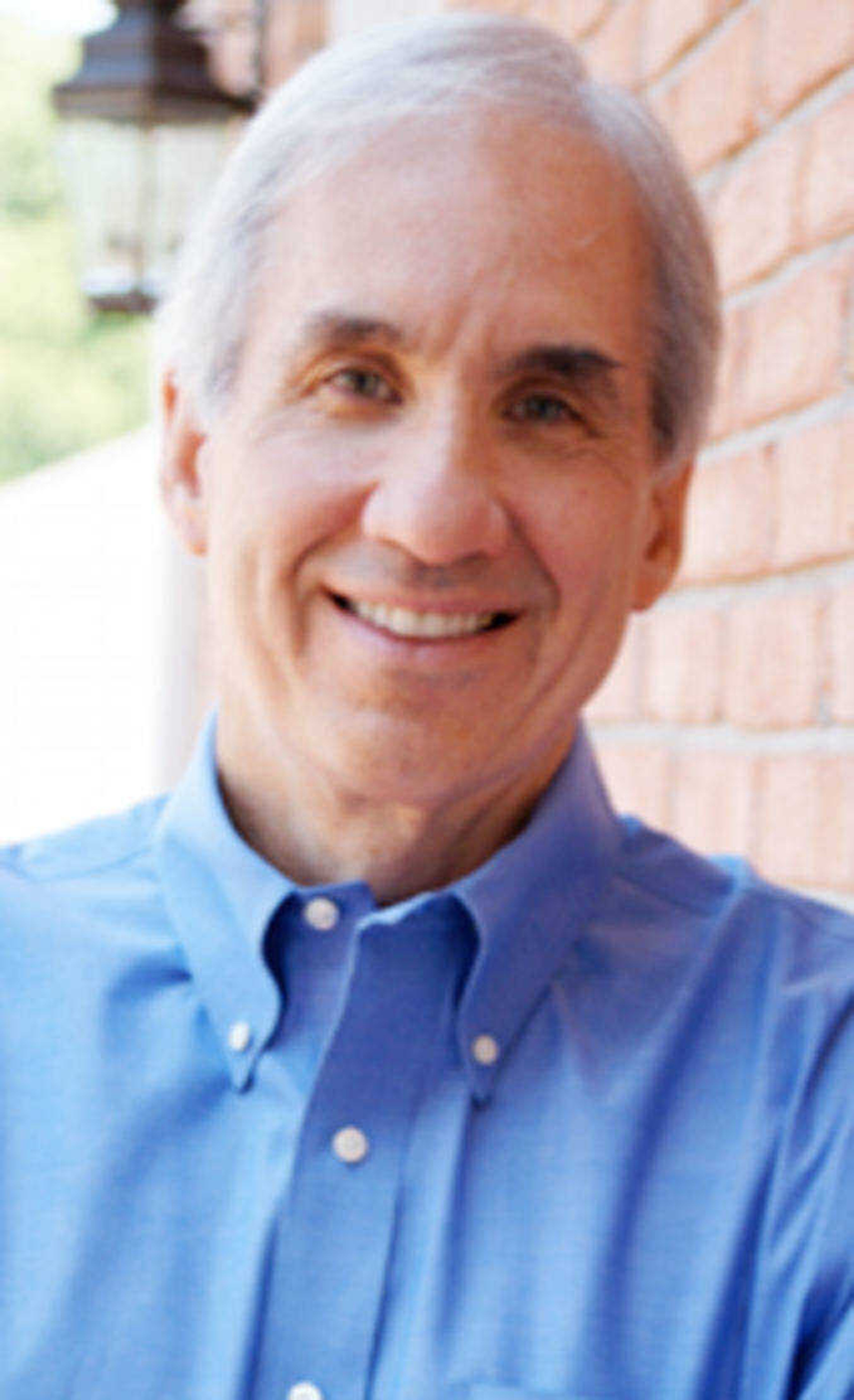THE FRAYING OF AMERICA: LIBERALS ARE SETTING GROUND R8LES FOR POLITICAL DEBATE
One conservative scholar argues that despite their historic achievements and victories over liberalism, conservatives have unwittingly surrendered and allowed themselves to be absorbed into the liberal movement toward a Utopian society. National Review's John O'Sullivan, in a provocative article, reminds us of Lady Thatcher's observation that there are no permanent victories in politics. ...
One conservative scholar argues that despite their historic achievements and victories over liberalism, conservatives have unwittingly surrendered and allowed themselves to be absorbed into the liberal movement toward a Utopian society.
National Review's John O'Sullivan, in a provocative article, reminds us of Lady Thatcher's observation that there are no permanent victories in politics. He notes that "the game of politics continues indefinitely but it continues on different ground and under shifting rules." Instead of retreating following their losses (conservatives were vindicated by their Cold War victory and the triumph of free-market economics), liberals have regrouped and are setting the ground rules for the political debate, indeed for America's future.
Liberals are not necessarily doing this by conscious design, but instinctively. This instinct, earlier identified by Tom Bethell and Joe Sobran as "the hive," has two components. The first is to "support social trends that foster the disintegration of existing society" and the second is "the impulse to build on the ruins a new social order in which traditional relations will be replaced by bureaucratic management." But the left has become even more ambitious. They are seeking to plan not just the economy, but society as a whole.
O'Sullivan details how this two-pronged liberal instinct of tearing down society and replacing it with their own social order is played out in three areas of policy: the economy, social (moral) issues and the national question.
* The economy: While socialism has failed on a global level, liberals are still intent on government running everyone's lives. But they are doing it indirectly through the clever device of regulation. Under the guise "of protecting consumer health, workplace safety, the environment and racial or gender equity" they have succeeded in expanding the tentacles of government through every fiber of our economy. The government insidiously assumes control, but not ownership, of business, and thus avoids accountability for the economic consequences of oppressive regulation, a phenomenon O'Sullivan dubs "socialism without tears."
* Social issues: Liberals seek to undermine traditional values and replace them with their own values to be enforced by further draconian laws and regulations. For example, by removing the stigma attached to illegitimacy, they have encouraged births out of wedlock. To combat the harm caused thereby they impose further "cures," such as safe-sex education and wealth redistribution through welfare. The scary thing is that these new values are packaged in a traditional wrapper, which tends to deceive. The guiding principles are that all groups of people should be treated equally, and no one is allowed to harm another. The catch is that they redefine "equally" to mean that society should guarantee equal outcomes, and they redefine harm to encompass even the idea of being offended, for example, on racial or gender grounds.
* The national question: O'Sullivan makes a strong case that through such vehicles as multiculturalism, liberals have destroyed America's common culture and sense of nationhood and balkanized our society into a "federation of nationalities."
And if all of this weren't bad enough, many conservatives are not only permitting this march toward Utopia, they are joining the chorus. He says that four prominent conservative groups: Libertarians, supply-siders, neoconservatives and future-minded conservatives, are seeking their own form of utopia and have essentially given up in the battle to retain America's conservative roots.
The Libertarians, he says, fail to understand the cultural underpinnings needed to make capitalism work. The Hope, Growth and Opportunity schoolers believe that tax cuts and the gold standard will cure the common cold. Neoconservatives have bought into the notion that there is no distinct American culture and that this nation is held together only by a belief in the political ideas contained in the Declaration and Constitution. The futurists have accepted the politically correct celebration of diversity and victimhood.
O'Sullivan says the founders of this nation recognized that Americans were "one people with their own language, culture, laws, and institutions." Immigrants, of course, arrived but they were then assimilated into this English-speaking culture. Liberal media thought police have conservatives so intimidated that they are afraid to advocate a distinct American culture for fear of being branded racist, sexist or homophobic. But America was designed to be a melting pot, not a race, gender and sex-conscious society.
Many conservatives, says O'Sullivan, long for an America of safe streets, intact families and caring communities a Golden Age rather than a Utopia. In fact, polls show that a majority of Americans fear the "fraying of America." But until conservative leaders have the wisdom and courage to resist the destructive and divisive ideas of liberalism, America will continue on its inexorable path toward Utopia, and eventually there will be nothing left for conservatives to conserve.
Note: O'Sullivan's article was published in 1997, and was adapted from a speech he gave to the American Enterprise Institute. Whether or not you agree with him, his arguments are still worthy of debate today.
~David Limbaugh of Cape Girardeau is a columnist for Creators Syndicate.
Connect with the Southeast Missourian Newsroom:
For corrections to this story or other insights for the editor, click here. To submit a letter to the editor, click here. To learn about the Southeast Missourian’s AI Policy, click here.










